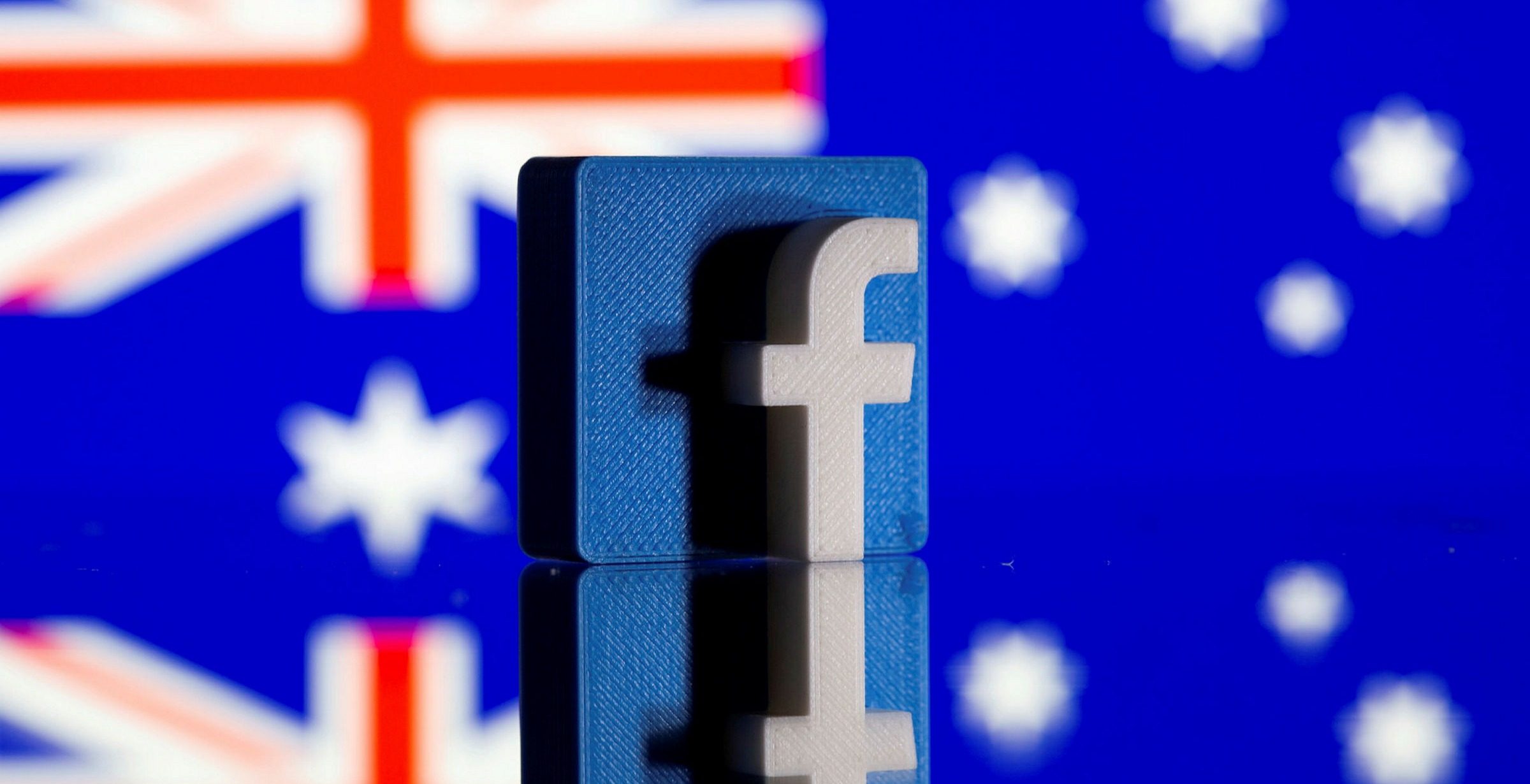- Similar to other innovations, the increasingly impactful role essayed by the social media platforms deserves to be treated as a double-edged sword for its inherent duality as merits/demerits equally ride on the most happening matter too. Of course, social media platforms have gained tremendous popularity and traction on the back of the pandemic-induced necessities pushing humanity to embrace the technology-driven forum with gay abandon. No wonder, hordes of users flocking to the digital revolution underway is heading northwards as the penetration breaches new grounds by the day.

PC: Kalyan Chatrathi
- However, one thing that is lacking in ensuring the social media platforms do not go overboard is the regulatory issues, unlike conventional print and broadcasting mediums. Several countries around the world are slowly waking up to the fact that the social media platforms are running their trades without any palpable censorship, regulation, restrictions, and/or accountability to check the content that can make or break individuals/entities. With a huge amount of money riding on the social media platforms, and big tech behemoths behind the surge, the governments are indeed introducing effective measures to rein in the free flow of information.
- Against this backdrop, it is no surprise that Australia has taken the lead in making self-regulated republics of social media more accountable to the public interest. The Prime Minister of Australia has announced new laws to help clean up a wild west where bots and bigots and trolls go around hurting people without consequences. As reports suggest, in sharp and good contrast to a recent Australian court judgement finding media responsible for comments on news stories posted on Facebook, the new law will vest liability with the person commenting. Further, and in case the troll cannot be identified, the social media provider will be deemed the publisher and made to pay any payouts arising from defamatory comments on its platform.

PC: Jamie Smyth
- Note that this is a major change in the unprecedented liability shield whereby social media platforms have largely escaped the legal implications of content published there. Make no mistake, whatever part of their great financial and technical power social media companies use to fact-check and moderate speech, it is extremely unevenly spread across jurisdictions. In India, anonymous bullying and harassment are ubiquitous on Twitter. There’s a bullseye on journalists’ backs as also rape threats are ever-present for women. Agreed, online anonymity has lent voice to various marginalized communities to dissidents in repressive regimes.
- However, we also know how constant floodgates of smear, scorn, and worse from hidden armies are serving their masters, including political parties. No wonder, given the shabby job that social media platforms have done to identify and suspend anonymous perpetrators, whether, via algorithmic or human monitors, it is understandable that countries have begun to look to tackle the hate and misinformation flow. We are aware that India’s intermediary rules refer to voluntary verification of social media users but will not suffice in the longer run. As such, unless companies step up in imposing necessary curbs, we may also witness talks about mandatory verification coming into fruition soon.






